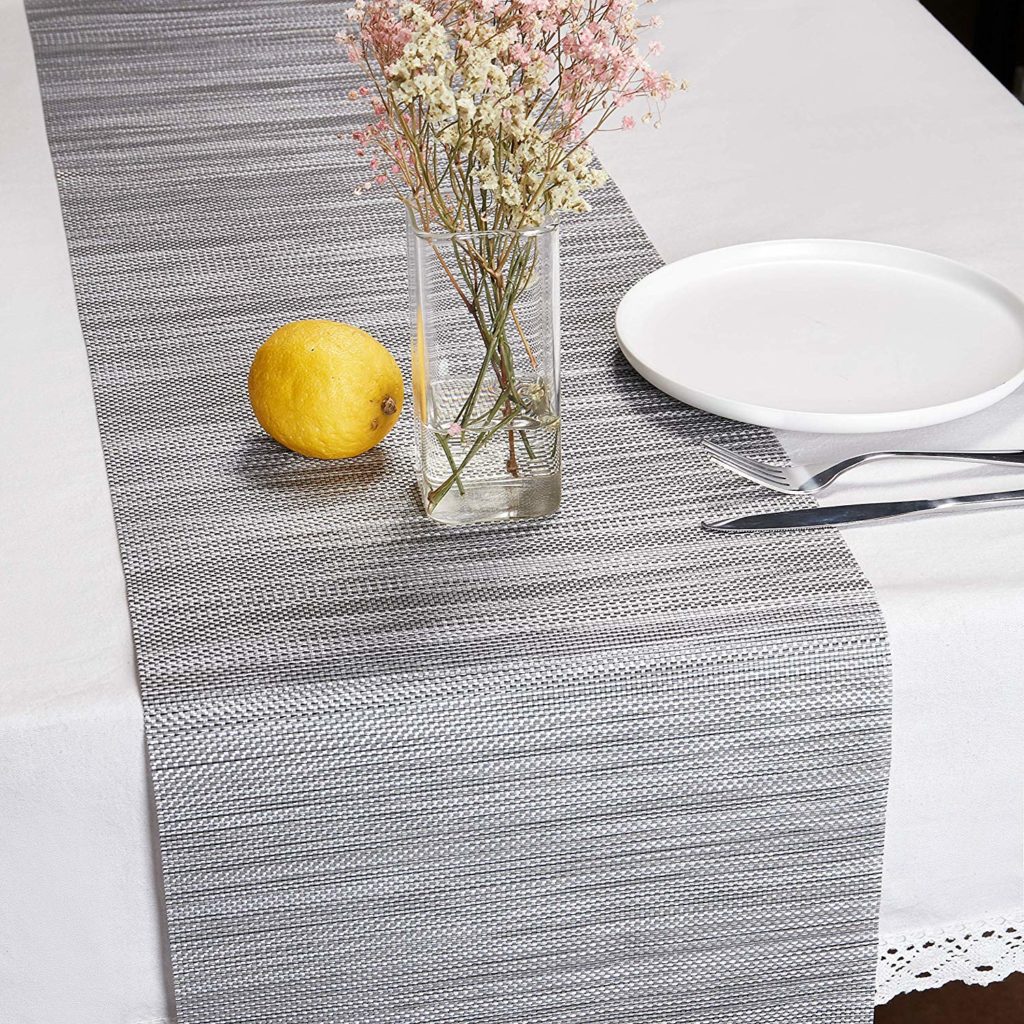The federal economy minister is expected to approve a proposal to adapt the basket of products that are used to calculate the consumer price index (CPI), which determines the rate of inflation.
A body known as the Index Commission, made up of academics, employers and union representatives, regularly reviews the basket of products – now numbering in the hundreds – which are considered important enough to the daily lives of people to give an accurate picture of the cost of living. The Commission also helps calculate the Health Index, which largely parallels the CPI, but which omits products that are detrimental to health, including cigarettes and alcohol.
The CPI was introduced in its initial form following the First World War, when changes in international commerce led to the previously little-known phenomenon of price fluctuations in household goods, which had been more or less stable until then. The original basket of goods which were monitored to track price changes included 59 products, among them bread and margarine, beef and pork, eggs and butter and other everyday products.
By comparison, the basket of representative goods, also known as “witnesses” which are considered to be common enough to represent consumer spending accurately, now contains everyday items like televisions, introduced in the 1960s, steam irons from the 1980s and, more recently, DVD players from 2000 and Netflix and Spotify subscriptions from 2018.
The latest list adds eight new products to the basket: winter tyres, including installation and storage (and the change back to summer tyres); accommodation for pets when you go on holiday; dental hygiene treatments; alcohol-free beer (included in the health index where normal beer is not); umbrellas and, reflecting Belgium’s changing weather, also sunglasses; and rather more niche products, like shower heads and table runners. The latter, for those who have somehow failed to catch the many home-improvement shows on TV, according to Amazon, lie down the middle of your table “and provide an instant upgrade to existing decor. These stylish accessories can be used alone or atop a tablecloth to dress up tables and protect surfaces. They offer an attractive solution to highlight displays and add visual interest to themed events.”
Products are regularly struck from the basket, too, when they no longer form such a part of daily life. No room left, for example, for a subscription to a tanning salon, or a cordless telephone on a fixed landline.
The reason why this is important is that, alone in the EU, Belgium uses its CPI in a variety of ways: the CPI is used to calculate the legal increase allowed in home rents and insurance premiums; the health index counts for the calculation of increases in public sector wages, pensions, unemployment and other benefits, health insurance rates and more.
On rare occasions, the government may decide to skip the indexation of such payments, ignoring for economic reasons the increase in the cost of living, but it inevitably causes much discussion. It happened three times in the 1980s while the late Wilfried Martens was prime minister, which was for most of the 1980s. It then vanished until the idea was revived again, controversially, by the government of Charles Michel in 2015.
Alan Hope
The Brussels Times

